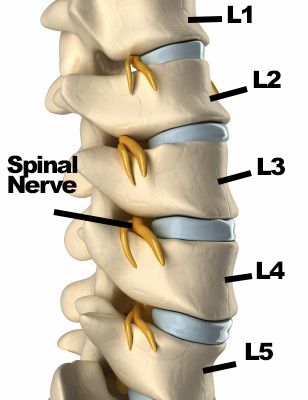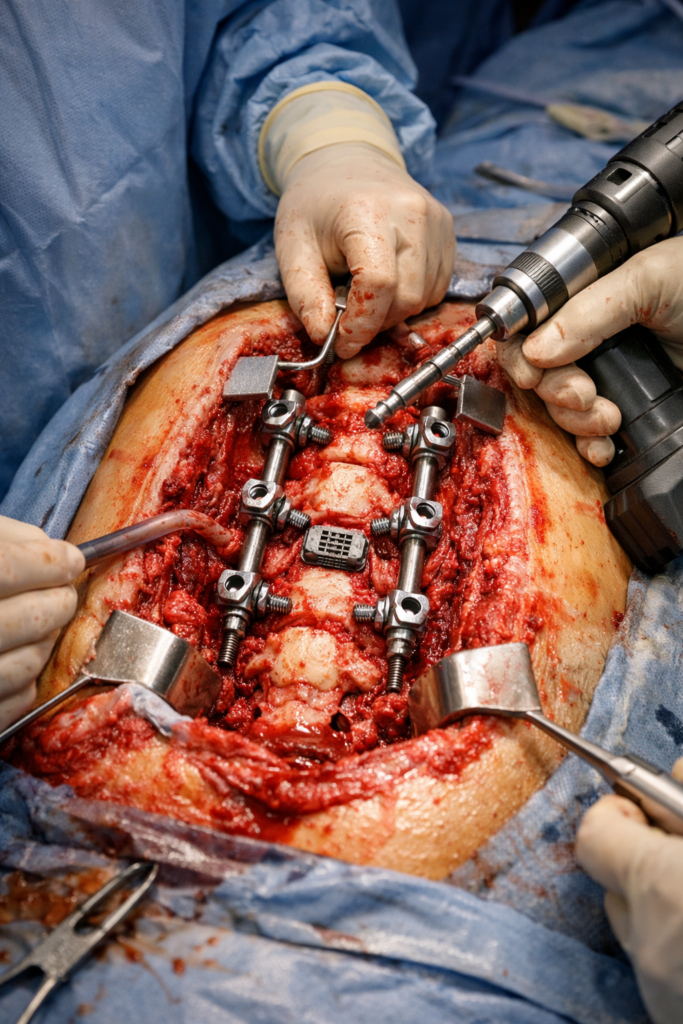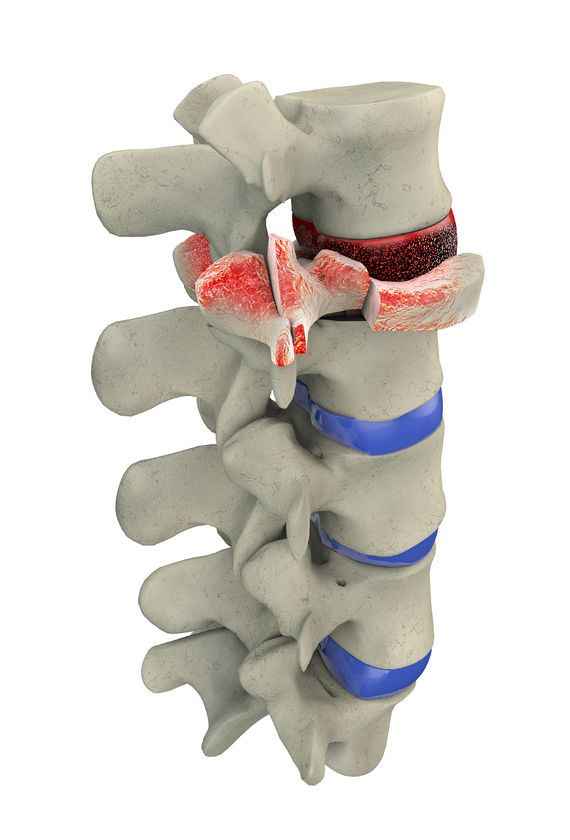Spinal Fusion Surgery In Hyderabad
Dr. Praful’s Orthopedic Clinic, Malakpet
with
Advanced Diagnosis & Expert Care by Dr. Kilaru Praful
Spinal fusion surgery requires careful evaluation and expert surgical planning to achieve long-term stability and pain relief. With 17+ years of experience, Dr. Praful Kilaru offers trusted Spinal Fusion Surgery in Hyderabad, using advanced imaging, precise diagnosis, and proven surgical techniques to treat spinal instability, disc disorders, and deformities. The focus is on restoring spinal alignment, improving mobility, and helping patients return safely to everyday activities.
What is Spinal Fusion surgery?
Spinal fusion can also be known as arthrodesis, anterior spinal fusion, posterior spinal fusion or vertebral interbody fusion. It is a surgery to permanently fix two or more vertebrae together as one with no spaces in between them. Vertebrae are small bones that are present in the spine and spinal fusion aims at correcting these small bones.Dr.Praful’s orthopedic clinic offers the best spinal fusion surgery in Hyderabad with certified doctors and staff. The surgery helps reduce pain in the back and spine, improving mobility and support to your spine.

Spinal Fusion Surgery in Hyderabad – Expert Care for Long-Term Spine Stability
Spinal Fusion Surgery in Hyderabad focuses on the accurate diagnosis and treatment of spinal instability, degenerative disc conditions, deformities, and spine-related injuries. The procedure aims to stabilize the spine, relieve persistent pain, protect nerve function, and improve mobility. With advanced imaging, careful surgical planning, and proven fusion techniques, treatment is tailored to each patient’s condition, age, lifestyle, and overall health, supporting safe healing and a confident return to daily activities.
About the Dr.Praful

- 17+ Years of Excellence in Orthopedics
- MBBS, MS (Orthopaedics)
- AO Trauma Fellowship – Switzerland
- Arthroscopy & Sports Injury Specialist
- Senior Orthopedic Surgeon – Hyderabad
Struggling with Spine Issues? Here’s What You Should Know
Spinal Fusion Surgery in Hyderabad is a specialized treatment designed to stabilize the spine, relieve chronic pain, and restore mobility for conditions like spinal instability, disc degeneration, deformities, or trauma-related injuries. The procedure combines advanced imaging, careful surgical planning, and modern fusion techniques to ensure proper spinal alignment, protect nerve function, and support long-term recovery. Personalized treatment plans help patients safely regain movement and return confidently to daily life.
Common Symptoms Indicating the Need for Spinal Fusion Surgery

Common Causes in Spinal Fusion Surgery
- Spinal injuries from road traffic accidents or high-impact trauma
- Falls causing vertebral fractures or spinal instability
- Sports-related spine injuries or sudden force impacts
- Workplace or industrial accidents affecting the spine
- Degenerative conditions like osteoporosis or disc collapse
Spinal Fusion Surgery Options in Hyderabad
Non-Surgical Treatments
- Pain relief and anti-inflammatory medications
- Physical therapy to strengthen supporting muscles
- Activity modification to protect the sp
- Regular imaging to monitor spine condition
Surgical Treatments
- Spinal fusion using rods, screws, or cages
- Minimally invasive fusion techniques are suitable
- Correction of spinal deformities or instability
- Revision surgery for non-healing or failed fusions

Diagnosis for Spinal Fusion Surgery
Injury cause
Pain & weakness
X-ray spine
CT/MRI scan
Why Patients Highly Recommend Dr. Praful
| S.No | Reason | Description | Category |
|---|---|---|---|
| 1 | Strong Educational Background | MBBS, MS Orthopedics, AO Trauma Fellowship (Switzerland) | Qualification |
| 2 | 17+ Years of Clinical Excellence | Successfully treated thousands of patients | Experience |
| 3 | Expert in All Orthopedic Conditions | Knee, spine, shoulder, fractures, sports injuries, pediatric cases | Expertise |
| 4 | Advanced Robotic & Minimally Invasive Surgery | Faster recovery, less pain, precise results | Technology |
| 5 | Honest, Clear & Ethical Treatment | Surgery advised only when truly required | Ethics |
| 6 | High Surgical Success Rate | Thousands of pain-free, satisfied patients | Outcomes |
| 7 | Easy Accessibility – Located in Malakpet | Patients visit from Dilsukhnagar, Amberpet, Chaderghat & more | Location |
| 8 | Excellent Patient Reviews | Known for communication, care & surgical skill | Reputation |
| 9 | Personalized Treatment Plans | Tailored care for every patient | Care Quality |
| 10 | Modern Diagnostic Tools | Accurate assessment with advanced imaging | Diagnostic Quality |
| 11 | Comprehensive Ortho Care | Covers trauma, joint pain, arthritis & sports injuries | Specialty |
| 12 | Friendly & Supportive Team | Smooth experience from consultation to recovery | Patient Support |
| 13 | Fast Recovery Protocols | Focus on minimal downtime and faster healing | Recovery |
| 14 | Transparent Communication | Clear explanation of treatment options | Trust |
| 15 | Affordable Treatment Options | Quality orthopedic care at reasonable pricing | Value |
| 16 | High Patient Satisfaction | Strong word-of-mouth recommendations | Social Proof |
🩺 What Causes Spinal Issues Requiring Fusion?
Spinal problems often result from trauma, degenerative changes, or weak vertebrae. Careful evaluation helps the surgeon plan the right fusion procedure for pain relief, stability, and improved mobility.
1. Trauma
- Road accidents
- Falls
- Sports or impact injuries
2. Bone & Spine Health
- Weak or brittle bones
- Previous spine surgeries
- Age-related degeneration
3. Spine Complexity
- Instability of multiple vertebrae
- Disc collapse or deformities
- Severe spinal injuries
Happy Patients
FAQs - Spinal Fusion Surgery in Hyderabad
1. How long is the spinal fusion procedure?
2. What does spinal fusion surgery do?
3. What is the recovery time of the surgery?
4. What is the cost of the spinal fusion surgery?
5. What is Spinal Fusion Surgery?
Spinal fusion surgery is a procedure that joins two or more vertebrae to stabilize the spine, relieve pain, and correct deformities.
6. Who is a candidate for Spinal Fusion Surgery in Hyderabad?
Patients with spinal instability, degenerative disc disease, scoliosis, fractures, or chronic back pain not relieved by non-surgical treatments may be candidates.
7. How is Spinal Fusion Surgery performed?
The surgeon uses rods, screws, or cages to join vertebrae. Techniques may be open surgery or minimally invasive, depending on the patient’s condition.
8. How long does the surgery take?
Typically, spinal fusion surgery lasts 2–4 hours, depending on the complexity and number of vertebrae involved.
9. What is the recovery time after spinal fusion surgery?
Most patients can return to daily activities in 6–12 weeks, with full recovery and fusion taking 6–12 months.
10. Will I need physiotherapy after spinal fusion surgery?
Yes. Physiotherapy is essential to restore mobility, strengthen muscles, and support spine stability post-surgery.
11. Are there any risks or complications?
As with any surgery, risks include infection, nerve injury, blood loss, or incomplete fusion. Careful planning minimizes these risks.
12. Can spinal fusion surgery relieve chronic back pain?
Yes. When performed for the right condition, spinal fusion can significantly reduce pain and improve quality of life.
13. How do I prepare for spinal fusion surgery?
Preparation includes medical evaluation, imaging, lab tests, and discussing medications with your doctor to ensure safe surgery.
14. Is spinal fusion surgery suitable for elderly patients?
Yes. Age alone is not a barrier, but overall health, bone quality, and comorbidities are considered before surgery.
15. How do I choose the best hospital or surgeon in Hyderabad?
Look for experienced spine surgeons, advanced imaging facilities, proven surgical outcomes, and patient reviews for trusted spinal fusion care.

